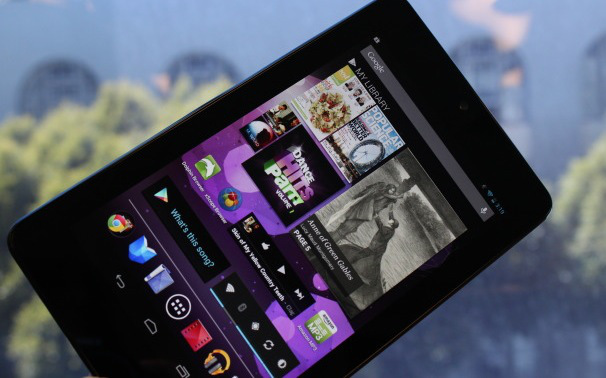As someone who is deeply intrigued by the prospect of an Apple-produced television set, I was somewhat disappointed by Monday’s kickoff to the company’s annual Worldwide Developer Conference. That’s not to say, however, that a ton of interesting stuff didn’t come out of chief executive Tim Cook’s keynote.
The most important news, I thought, was the official unveiling of Apple’s own Maps app for iOS devices. The new app will be included in the iOS 6 update when it becomes available this fall. It’s not yet clear how good the app is or whether it will completely supplant the existing Google Maps used on iPhones, iPads and iPods, but it’s pretty clear Apple is looking to cut the final strings tying it to its former ally.
As I wrote in an analysis piece for The Globe and Mail, that’s a good move now that the companies are bitter smartphone and tablet enemies. Creating its own core Maps function will allow developers to better integrate their apps with Apple products, which will only increase their reasons to keep creating for Apple as opposed to other smartphone vendors.
Siri was also a big star of the day, with the voice assistant soon expanding onto the iPad, into other countries - including full Canadian functionality - and even into cars. The growing trend of computing control beyond the mouse and keyboard was the subject of another analytical piece I penned for the CBC.
One other observation I’d make is that the new computer operating system, Mountain Lion, and respective mobile software - iOS 6 - may be the last two independent OSes we see from Apple. Many of Mountain Lion’s new functions, including swipe controls but also notifications and alerts, seem borrowed from iOS, to the point where Mac computers are increasingly looking like iPads.
Apple also announced cross-platform support between Macs and iOS devices. In other words, you can play a video game on your iPad, but your opponent may actually be playing on a Mac. It doesn’t matter because it’s the same experience.
This merging makes all sorts of sense since it makes it easier on app developers. If they only have to create software once and then it works on all of Apple’s devices, that’s obviously much better than having to do it twice. It’s the same idea Microsoft is working towards with Windows 8, which looks like it could provide the same experience on computers, tablets and phones. The benefits to end users are also obvious - not only will documents look the same regardless of device, so too will games and other content.
The previous Mac OS, Lion, was released last July, while iOS 5 came out in October. Could the next release of both operating systems be combined next year into one unified beast? There are a lot of people who hope so.



